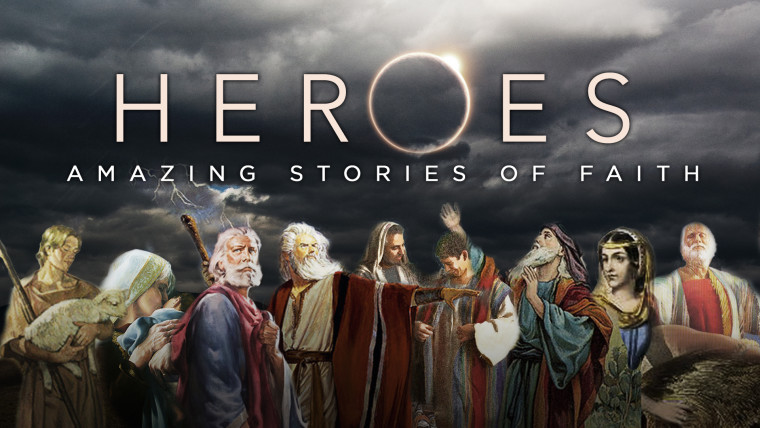I would prefer to know how life will turn out before I choose my next step. If you’re like me, it’s easy to make a common mistake in pursuit of a life that is pleasing to God.

Over the next several weeks, I’ll be unpacking the process of knowing God’s will for your life in a series of posts on the topic. I get questions from readers all the time who are trying to figure out what God wants them to do next.
My free eBook What God Wants You to Do Next: 7 Questions to Discover God’s Best for Your Life has been downloaded by people all over the world, so I know trying to figure out God’s direction is a common experience no matter where you live. I’ve heard from new friends as close as Atlanta and as far away as New Guinea and Ghana asking for advice on how to tell the difference between what God wants and what I want.
Although there is more to unpack in answering this question–something I’ll be doing in a series of posts coming soon–we need to be careful not to make a common mistake when asking this question and others about finding our life direction.
We should not assume we can ever reach a place in this life where we are free from uncertainty about what God wants us to do next.
The Apostle Paul describes our journey as a faith-walk, not a sight-walk. It’s not a historical tour complete with gripping narration, bronze plaques, and souvenir shops. It is a dynamic journey into the unknown with the One who knows and sustains all things.
The Christian walk is not a documentary filmed after the fact. It is an ongoing process which requires us to depend on God for direction as it unfolds in real time. Someday we’ll have the luxury of hindsight, but not now.
We make a mistake if we expect the Christian walk to be anything other than an exercise in ever-increasing dependence on God. Not only is uncertainty not abnormal, it is the expected way of life for all who follow Christ. We live in tension between what is already accomplished and what is being accomplished, between what is and what is to come.
“Though the outward man is perishing, the inward man is being renewed day by day.” (2 Corinthians 4:16) A metamorphosis is taking place within us. So it should come as no surprise to anyone that the process may become uncomfortable at times. In fact, we should expect it.
Remember this: Faith itself is a temporary thing. “For now we see through a glass darkly, but then face to face.” (1 Corinthians 13:12) One day faith will give way to sight, and all uncertainty will cease. Until then, the process is working something far greater within us, causing us to lean into our Savior for direction and guidance as we walk paths we’ve never known before.
By all means, seek clarity from God, but don’t let uncertainty stop you from moving forward. Get used to saying, I don’t know all the answers, but I’m taking the next step anyway.
Embrace uncertainty as an opportunity to discover greater clarity about what matters most. And your story will become better for it.
Question: Do you sometimes make the mistake of thinking your uncertainty is weird or not normal for a Christ follower? How might your present uncertainty be an opportunity for you to grow closer to God? Share your thoughts by clicking here.








